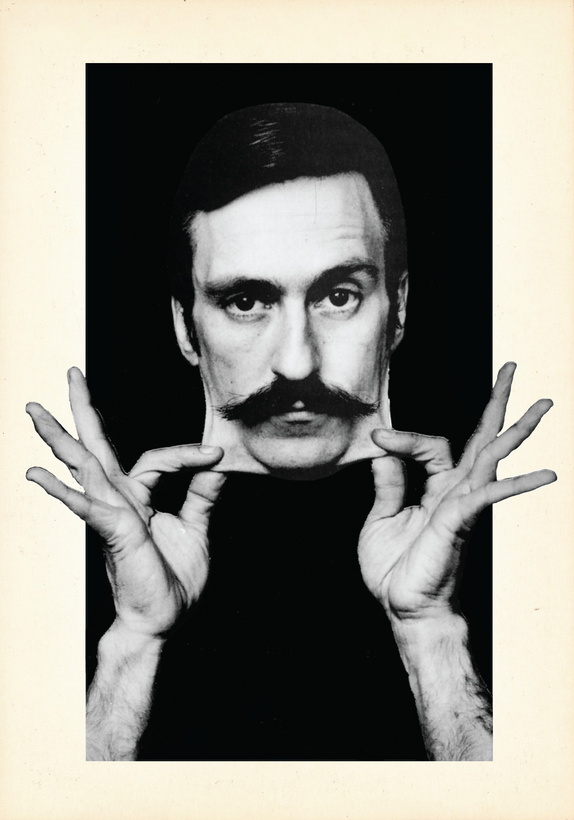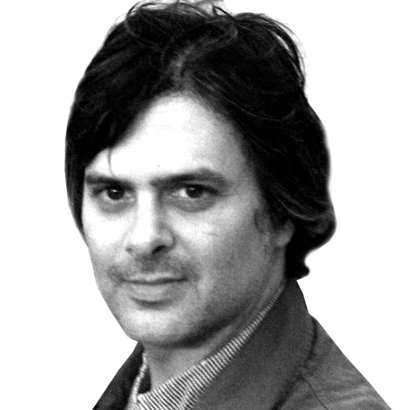In 1949, when the artist and collector Paul Ruschá was six years old, his family motored from Oklahoma City along Route 66 to visit his grandparents in California. They made a pit stop in the dusty town of Winslow, Arizona, where the five of them—Paul, his parents, and his older siblings, sister Shelby and brother Ed—ate breakfast in a roadside café. That establishment went belly-up eons ago. But the building that housed it remains, and it happens to be a mere tumbleweed toss away from El Gran Garage, a hulking, 8,000-square-foot structure that the Los Angeles–based Ruschá bought in 2006. It’s his getaway home, studio, sometime exhibition space, and all-purpose man cave.

There, Ruschá, now 81, has worked among a growing community of artists and patrons helping to make Winslow a down-low, desert-southwest Marfa.


